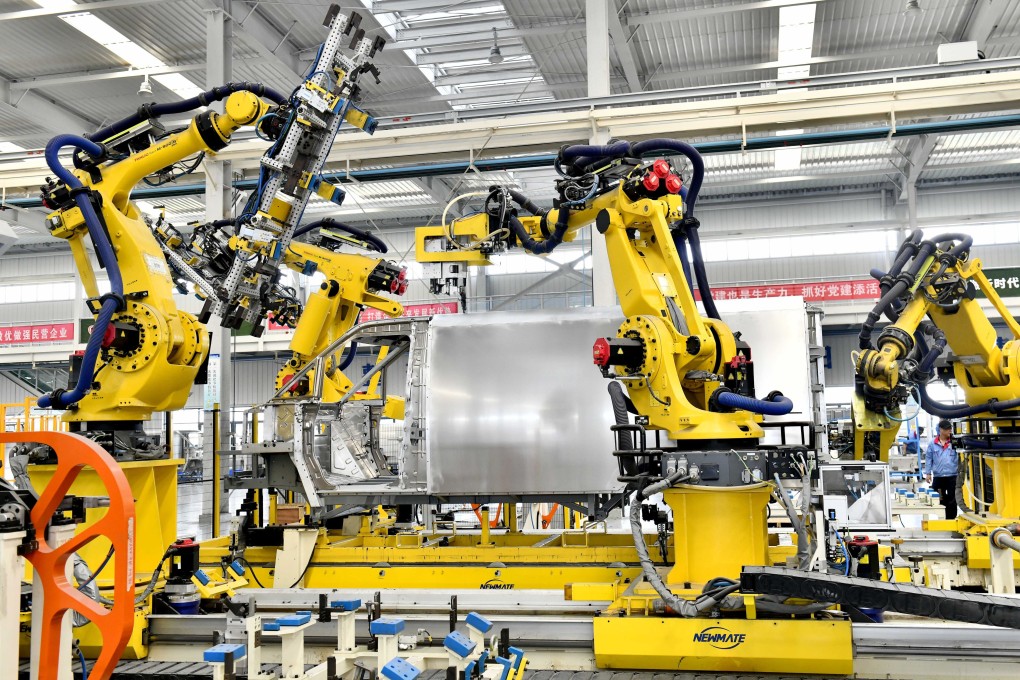How can China’s ultra-long-term special government bonds get its economic gears turning?
- About 300 billion yuan in bond proceeds will go to industrial upgrades in key sectors, and trade-in programmes, with big returns eyed

Against the backdrop of weak economic growth and subdued domestic demand, around 300 billion yuan (US$41.3 billion) worth of ultra-long-term special government bonds – being allocated to support industrial-equipment upgrades and a consumer goods trade-in programme – will play a crucial role in stabilising China’s economy in the second half of the year, according to analysts.
“Assuming that the 300 billion yuan fund can drive … 300 billion to 900 billion yuan worth of additional investment in the second half of the year, this could boost nominal economic growth by 0.4 to 1.3 percentage points in the second half, showing a significant impact,” Lu said in a report published on Friday.
China’s state planner and the Ministry of Finance said last week that approximately 148 billion yuan will be earmarked for updating equipment in key sectors and for scrapping and renewing old operational ships, while 150 billion yuan will be designated for renewals of old trucks, agricultural machinery, new-energy buses, automobiles and trade-ins of household appliances.
According to a report published on Sunday by GF Securities analyst Wang Dan, an estimated 100 billion yuan will be allocated for consumer product trade-ins. And with the 15 to 20 per cent household-appliance subsidy rate, and a passenger-car subsidy rate roughly estimated to be between 10 and 13 per cent, the 100 billion yuan could boost consumption by 666.7 billion to 769.2 billion yuan.
